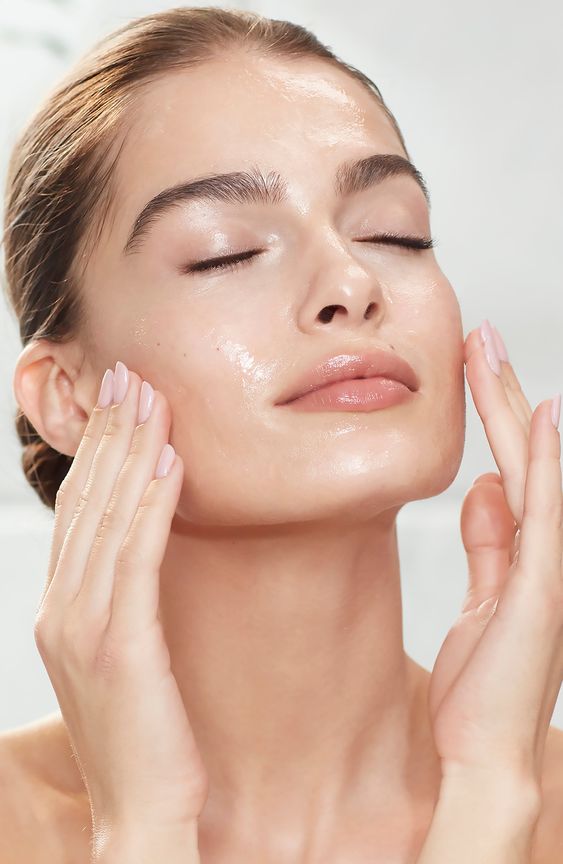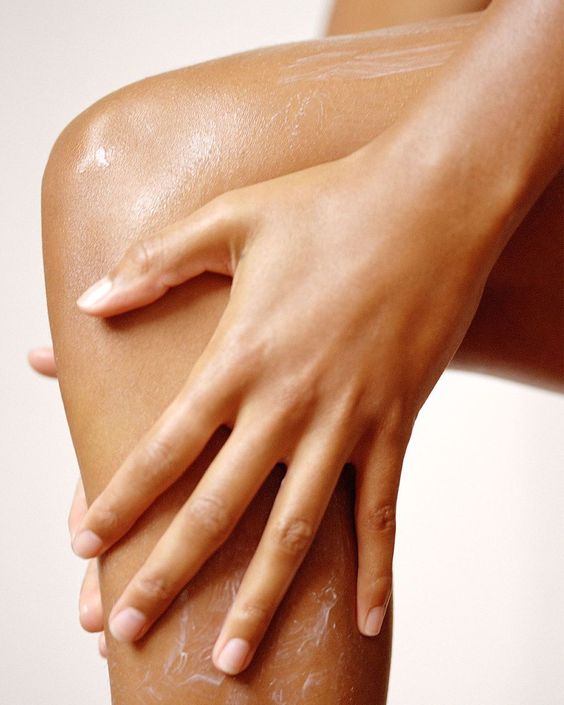We’ve all experienced it — the onset of a cold accompanied by not only the typical symptoms of sniffles and sneezes but also an unexpected change in our skin. Suddenly, it feels tighter, more parched, and in need of extra hydration. But why does this happen? In this deep dive, we’ll explore the fascinating connection between having a cold and the impact it has on our skin’s moisture levels.
The Cold Connection

When we catch a cold, our body initiates a complex immune response to fight off the invading virus. This immune response involves various physiological changes, and some of these changes indirectly contribute to the dryness of our skin.
- Dehydration Due to Fever
One prominent feature of a cold is the rise in body temperature, leading to fever. As our body temperature increases, so does the rate of water loss through sweating. Dehydration is a common consequence of fever, and this dehydration can affect the moisture levels in our skin.
- Increased Respiratory Rate and Evaporation
During a cold, our respiratory rate often increases as our body works harder to clear the virus. This heightened breathing can lead to increased evaporation of moisture not only from our respiratory tract but also from the surface of our skin. The skin, being the largest organ in our body, is susceptible to changes in environmental conditions, and increased evaporation can leave it feeling dry and parched.
- Medications and their Impact on Skin
Many over-the-counter medications taken during a cold, such as decongestants and antihistamines, can have side effects that impact skin moisture. Decongestants, for example, may contain ingredients that contribute to drying out mucous membranes, including the skin.
- Reduced Fluid Intake
When we’re under the weather, our appetite might decrease, and we might not feel like drinking as much water. This reduced fluid intake can contribute to overall dehydration, affecting the skin’s moisture levels.
Protecting Your Skin During a Cold

Now that we understand why our skin tends to be drier during a cold, let’s explore some practical tips to keep our skin hydrated and healthy:
- Stay Hydrated: Despite a diminished appetite, make a conscious effort to drink plenty of fluids, such as water, herbal teas, and broths.
- Use a Humidifier: Adding moisture to the air in your living space with a humidifier can help combat the drying effects of increased respiratory rates.
- Moisturize Regularly: Choose a gentle, fragrance-free moisturizer and apply it regularly to help replenish lost moisture in the skin.
- Avoid Hot Showers: Hot showers can strip the skin of its natural oils. Opt for lukewarm water instead and keep shower times brief.
- Choose Skin-Friendly Medications: When selecting over-the-counter medications, consider options that are less likely to contribute to skin dryness. Consult with a healthcare professional if you have concerns.
While having a cold can bring discomfort in many forms, understanding the connection between cold and dry skin can empower us to take proactive steps in maintaining our skin’s health.



